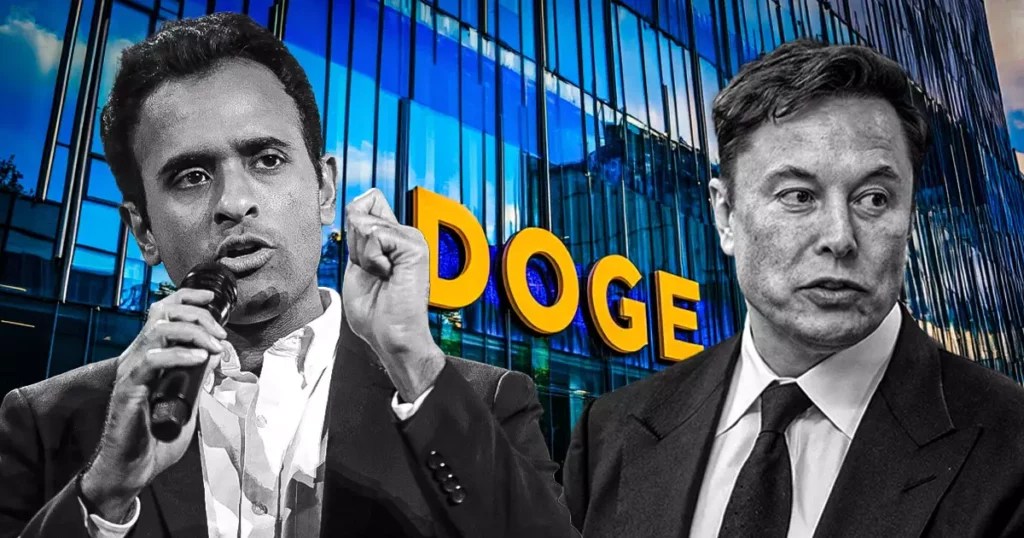In a surprising move, President-elect Donald Trump has inaugurated the Department of Government Efficiency (DOGE) to address pervasive inefficiencies within the Federal government. This initiative, announced on November 13 via Trump’s Truth Social platform, features tech entrepreneur Elon Musk and former presidential candidate Vivek Ramaswamy as its leading figures. The paradigm behind this department stems from Trump’s broader “Save America” campaign, promising impactful reforms akin to the historical Manhattan Project, aimed at amplifying governmental productivity and fiscal responsibility.
The newly established DOGE is set to tackle truly monumental challenges, particularly the substantial “waste and fraud” embedded within the staggering $6.5 trillion federal budget. Operating independently, DOGE will still maintain close ties with the White House and the Office of Management and Budget. By leveraging these partnerships, it aims to facilitate a streamlined and transparent governmental structure. Trump’s ambitious vision for DOGE reflects his aspiration to reshape government bureaucracy and implement radical reforms by a pivotal date: July 4, 2026, coinciding with the 250-year anniversary of the Declaration of Independence.
Musk and Ramaswamy are not only committed supporters of Trump but also advocates for cryptocurrency, which may enhance their leadership efficacy in this new venture. Musk has publicly demonstrated his allegiance through active participation in rallies and events, while Ramaswamy showcased loyalty after his departure from the presidential race. Their unique background in tech and finance places them in a strategic position to infuse forward-thinking ideas into bureaucratic reform, particularly as they navigate the complexities associated with fiscal reform.
One of the standout features of the DOGE initiative is its commitment to transparency and public engagement. Musk has pledged to keep operations open to scrutiny by the public. He expressed readiness to adapt initiatives based on public feedback, emphasizing the importance of accountability in this governmental endeavor. The establishment of a leaderboard designed to highlight wasteful expenditures exemplifies a fresh approach to driving public interest and participation in governance. As Ramaswamy rightly noted, this initiative offers citizens a platform to contribute to meaningful reforms, proving that the government exists to serve the people.
Interestingly, the DOGE announcement has stirred mixed reactions in the cryptocurrency market. Following the exciting news, Dogecoin’s value dropped by 10%, despite the initial buzz and rising enthusiasm among supporters of the meme cryptocurrency. Many see this as a reflection of market volatility rather than a waning interest in the potential of DOGE, especially in the context of Musk’s involvement. Observers remain optimistic about the relationship between Musk and Dogecoin, believing that his influence may catalyze a revival for the cryptocurrency in an evolving market environment.
Trump’s DOGE initiative, championed by visionaries like Musk and Ramaswamy, symbolizes a bold attempt to initiate significant changes within the U.S. government. By focusing on transparency, public involvement, and strategic fiscal reforms, DOGE stands poised to challenge governmental inefficiencies. While market reactions to this announcement have been mixed, the overall implications for government efficiency and cryptocurrency dynamics remain to be seen. Ultimately, this initiative raises significant questions about the intersection of technology, finance, and governance in contemporary America.

















Leave a Reply